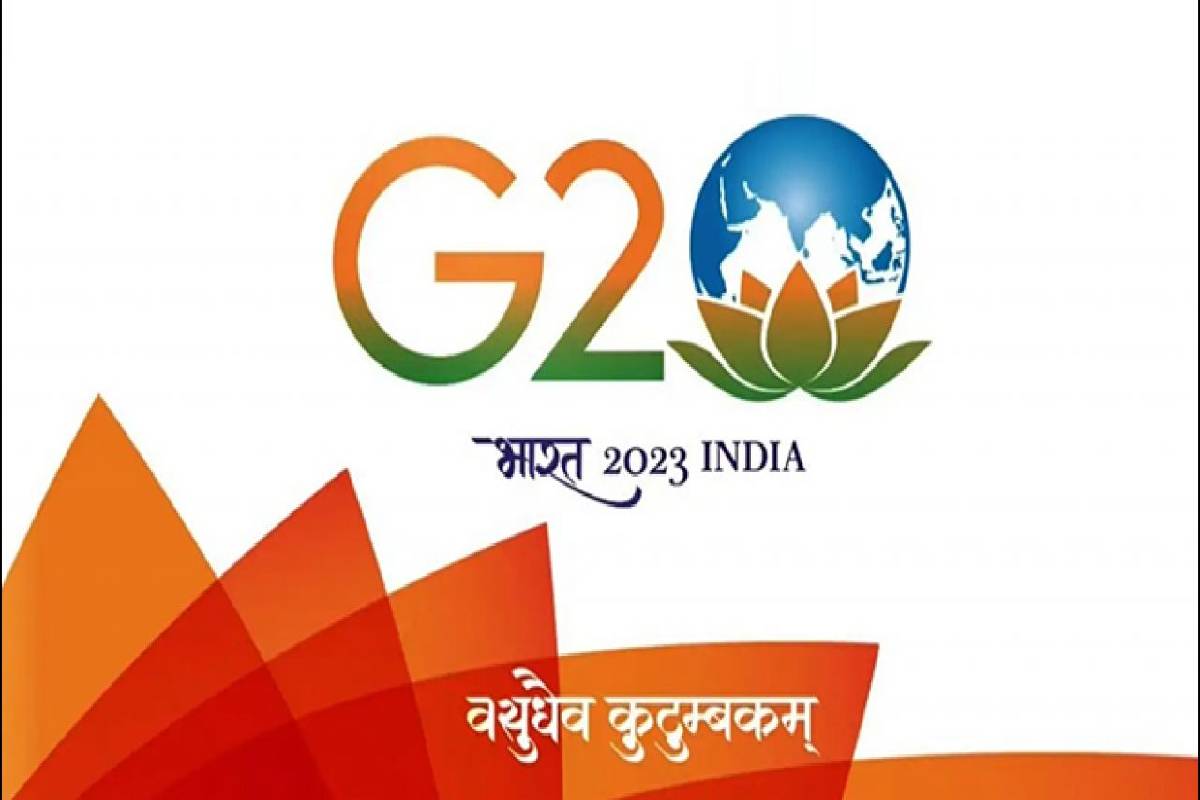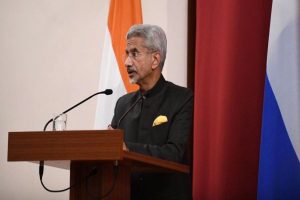The G20 Pandemic Fund has approved a $ 25 million proposal of the Department of Animal Husbandry and Dairying for strengthening the Animal Health System of India.
Established under Indonesia’s G20 Presidency, the Pandemic Fund finances critical investments to strengthen pandemic prevention, preparedness, and response capacities at national, regional, and global levels, focusing on low- and middle-income countries.
The Ministry of Fisheries, Animal Husbandry, and Dairying said, the Pandemic Fund will not only bring additional, dedicated resources for pandemic prevention, preparedness, and response but also incentivise increased investments, enhance coordination among partners, and serve as a platform for advocacy. The Ministry said that the impact of the project would be to reduce the risk of a pathogen emerging from animals to be transmitted into the human population.
The devastating human, economic, and social cost of COVID-19 has highlighted the urgent need for coordinated action to build stronger one-health systems and mobilise additional resources for pandemic prevention, preparedness, and response.
The Pandemic Fund received around 350 Expressions of Interest (EoI) and 180 full proposals in the first call with grant requests totalling more than $2.5 billion against an envelope of only $338 million. The Pandemic Fund’s Governing Board has approved 19 grants under its first round of funding allocations aimed to boost resilience to future pandemics in 37 countries across six regions on 20th July 2023.
The major interventions under the proposal are strengthening and integrating disease surveillance and early warning system, upgrading, and expanding the laboratory network, improving the inter-operable data systems and building capacity for data analytics for risk analysis and risk communication, strengthening health security for transboundary animal diseases and India’s role in regional cooperation through cross border collaboration.
The Pandemic Fund will not only bring additional, dedicated resources for pandemic prevention, preparedness, and response. It will also incentivise increased investments, enhance coordination among partners, and serve as a platform for advocacy. The impact of the project would be to reduce the risk that a pathogen will emerge from animals (domesticated and wildlife) to be transmitted into the human population endangering the health, nutritional security, and livelihoods of vulnerable populations. The project will be implemented in collaboration with the Asian Development Bank (ADB) as the lead implementing entity with The World Bank and the Food and Agriculture Organization (FAO).












